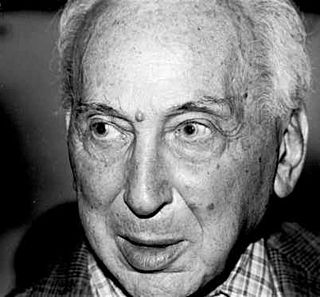A Quote by Carol Berg
Write. Write. Write. Learn how to revise. No story is perfect straight from the keyboard.
Related Quotes
It used to be that you would go into a writing program and what you would learn was how to write a short story. You would pick up the magazines and you would be taught from the magazines how to write a short story. Nowadays student writers are learning to write novels because that market is gone, so the ones who are drawn to the form are doing it really for reasons of their own and that's really exciting.
I started writing by doing small related things but not the thing itself, circling it and getting closer. I had no idea how to write fiction. So I did journalism because there were rules I could learn. You can teach someone to write a news story. They might not write a great one, but you can teach that pretty easily.
If you want to write you should learn the alphabet. You write and write and in the end you hava a beautiful, perfect alphabet. But it isn’t the alphabed that is important. The important thing is what you are writing, what you are expressing. The same thing goes for photography. Photographs can be technically perfect and even beautiful, but they have no expression.




































